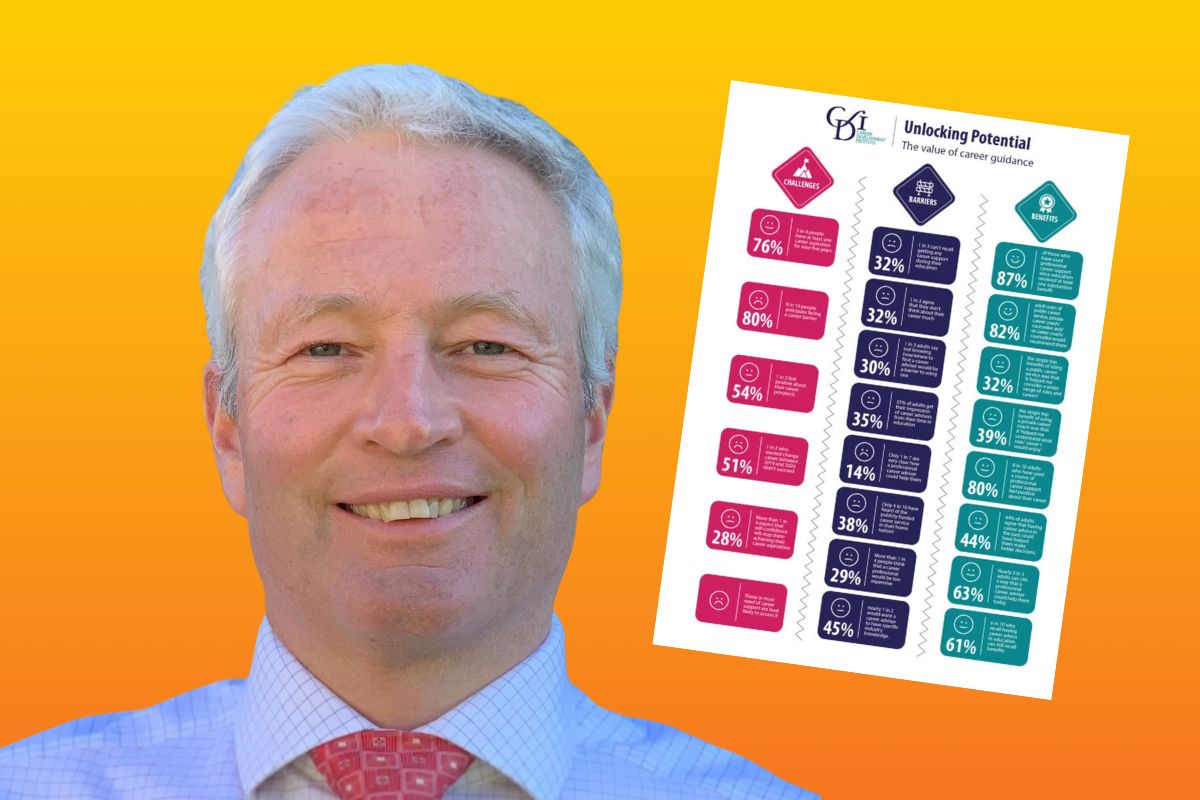Research confirms executive education boosts personal, professional and organisational life-wide learning

Supporting managers and executives to pursue ‘life-wide learning’ through Executive Education can provide both professional and personal benefits that are felt by the wider organisation and colleagues, according to a recent study by Lancaster University Management School in the UK.
Undertaken by Professors Martin Brigham, Mike Reynolds and Lucas Introna, the study investigated the wider impact of learning on executive education participants from its International Masters Programme for Managers (IMPM). The researchers surveyed 76 participants from over 600 alumni who had studied between 2000-2019, asking them to consider the personal, professional and organisational impacts the program may have had.
The results show that a third of managers surveyed not only benefitted academically, but noted a significant personal change beyond professional expectations including widening their perspectives, elevating their confidence and engagement with complexity:
“Participants showed a real personal and professional change which they also brought back to their organisations, with some accounts of more empathetic and ethical business practices. Unlike most programs we’ve focus on the management education philosophy within the classroom. Changing what managers do in practice back in their workplace starts with changing how they are educated and learn,” highlights Dr Brigham, Worldwide Academic Director for the IMPM.
The IMPM cohort provided a global snapshot of management and self-development attitudes. Founded by management icon Professor Henry Mintzberg at McGill University, and soon to welcome its 25th cohort, the IMPM has become internationally recognised for transforming the practice of management around the world by bringing a global class of experienced managers, accomplished executives and entrepreneurs together to explore the latest management thinking and challenge their pre-existing ideas and broaden their perspectives new insights.
The program is taught across five partner universities: Lancaster University in the UK, McGill University in Canada, the Indian Institute of Management Bangalore in India. Yokohoma National University in Japan, and at FGV-EBAPE in Brazil. Central to the teaching of the IMPM is the concept of ‘life-wide learning’; enabling managers to become proficient in a complex variety beyond the functions and disciplines that make up modern business practice. Whilst life-long learning promotes self-development throughout time, life-wide learning seeks to develop meaningful insight and connections across business, personal and organisations, and society.
“Reflection is a core thread of the program. It is not something that happens in solitude or exile – it is something that can be stirred and encouraged through peer collaboration, shared experiences emphasising the context of action, immersive roundtable dialogue, and interaction with a diversity organisations and different places around the world,” emphasises Dr Brigham. “What our study showed is that executive education, life-wide learning, and the reflection that is necessary for both leaves not only lasting positive personal and professional impacts, but adds to businesses too. At a time is significant business uncertainty, this is the future of serious and thoughtful management education and learning – business education impacts what managers do in practice, the concepts they draw on that shape the future of business so what is taught and how it is taught becomes of a vital responsibility for business schools.”
Indeed, the study found that not only did the program’s participants benefit directly from pursuing further management education, but their companies also found advantages through opportunities to upskill their middle managers and staff across the organisation. Uniquely, responses showed many participants as alumni are empowered to create tailored internalised development programs for their own executives and teams based on their study experiences, with the support of the IMPM faculty.
Organisations including CoachingOurselves in Canada, the Alliance for Public Health in Ukraine, and the Brazilian National Development Bank, were each discovered to have developed programmes based upon IMPM learning to further support and develop their staff.
One participant, who studied whilst working as the HRD of the Brazilian National Development Bank, reported creating their own ‘mini-IMPM’ at the company, which created “the only forum where from where people from different functions and hierarchical levels can meet to reflect on common and professional challenges. This innovation had significant organisational impact creating internal cohesion and a shared vision of challenges and opportunities.”
As well as the professional gains, IMPM participants also noted “significant personal development” as a result of learning with a highly diverse set of professionals, and a better understanding of varying social, cultural and technological mindsets.
Another participant, who completed the IMPM whilst holding the role of COO at Ameco in China said that despite” participating in various management development programs during their professional career, none of them created a fundamental personal transition in the way that IMPM did.”
Dr Brigham says;
“The insights we’ve uncovered highlight exactly why it’s so important for businesses not only to consider encouraging their staff to pursue life-wide learning opportunities, but to also explore such opportunities outside of their company, or even their industry. The benefits of gaining from the knowledge, cultural background, immersive experience and perspectives found among participants of programmes like the IMPM show that professional development goes beyond gaining qualifications. Executive Education can provide the best of both worlds for better management education and practice worldwide”











Responses